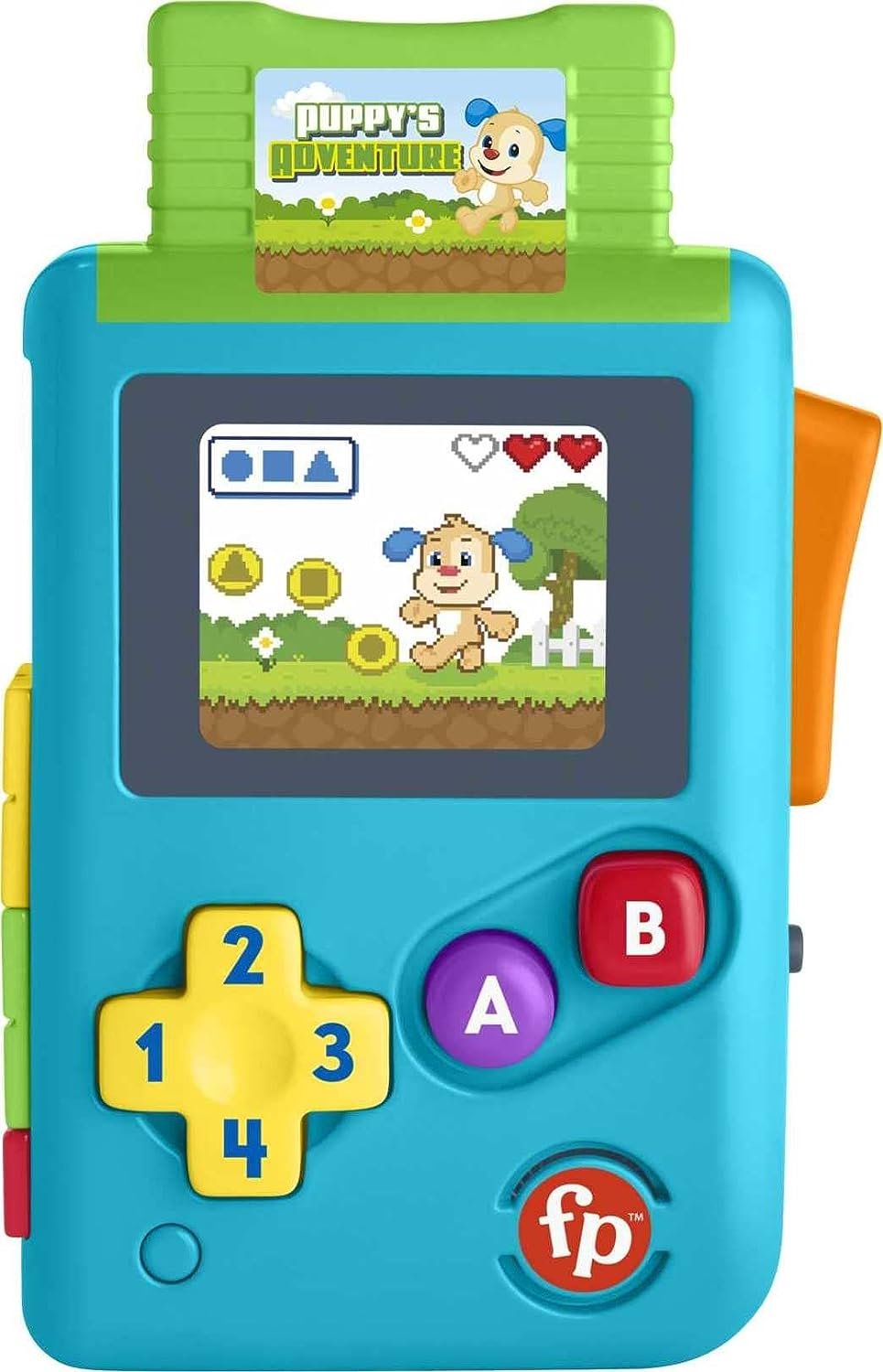“Teaching Our Kids the Power of Words” is an insightful article that highlights the significance of words and their impact on people. From a personal perspective, the author reflects on their own childhood experiences, where words were regarded as insignificant and easily forgotten. However, as an adult raising their own children, the author recognizes the importance of teaching kids about the power and lasting effects of their words. The article emphasizes the need to lead with empathy and kindness, fostering an understanding of how words can shape the feelings and experiences of others. Practical strategies and small acts of kindness are also suggested as ways for parents to instill these lessons in their children. Ultimately, the article underscores the responsibility we all have to choose our words wisely and emphasizes the positive difference that can be made through kindness.
Read more about the latest articles
The Power of Our Words
Words have immense power and can have a profound impact on the people around us. While the saying “sticks and stones may break my bones, but words will never hurt me” may have been a common sentiment during childhood, the truth is that words do matter and can cause lasting effects. It is essential to teach our children about the power of their words and how they can make a positive difference in the lives of others.
One way to illustrate the impact of words is through a simple activity. For example, children can crumple up a piece of paper to represent unkind words or bullying. They can then try to smooth out the paper to its original state, but no matter how hard they try, the paper will never be the same. This activity demonstrates that even when we apologize for hurtful words, the impact remains. It teaches children the importance of choosing their words carefully and being mindful of how they can affect others.
Leading With Empathy and Kindness
Empathy is a vital trait that allows individuals to understand and share the feelings of others. By building empathy in children, we can help them develop an understanding of how their words can impact those around them. When children are taught to put themselves in someone else’s shoes, they learn to pause and consider the consequences of their words. This understanding helps them become more compassionate and caring individuals.
Effectively communicating emotions is another essential aspect of leading with empathy and kindness. When children can identify and express their own emotions, it becomes easier for them to understand and empathize with others. By teaching children to communicate their feelings while being mindful of how their words affect others, we can help them foster empathy and cultivate strong interpersonal skills.
Read more about the latest articles
Small Ways To Practice Kindness
Practicing kindness does not have to be grand gestures; small acts of kindness can make a significant impact on others. Here are a few simple ways children can incorporate kindness into their daily lives:
-
Giving compliments: Encourage children to give sincere compliments to their friends, family members, or even strangers. A kind word can brighten someone’s day and boost their self-esteem.
-
Practicing gratitude: Teach children the importance of expressing gratitude and appreciating others. Encourage them to thank people for their help, kindness, or even small gestures.
-
Listening to others’ problems: Teaching children to be active listeners and offering support to those who need it fosters empathy and strengthens relationships.
-
Volunteering and acts of kindness: Get children involved in volunteering activities and acts of kindness, such as helping out at a local organization or performing random acts of kindness in the community. These experiences teach children the value of helping others.
-
Leaving notes of encouragement: Encourage children to write and leave notes of encouragement and kind words for people they encounter. This simple gesture can bring a smile to someone’s face and brighten their day.
By practicing these small acts of kindness, children can learn the importance of showing compassion and empathy towards others. These actions can create a positive ripple effect in their communities and inspire others to do the same.
Teaching Responsibility for Words
Understanding the power of words is the first step in teaching children to be responsible for their language. It is crucial to emphasize to children that the words they speak have consequences and can deeply impact others. When children recognize the weight and influence their words hold, they can make more conscious choices about what they say and how they say it.
Choosing to be kind is a fundamental lesson in teaching responsibility for words. Encourage children to use their words to uplift and support others rather than to hurt or tear them down. By promoting a culture of kindness and respect, children learn the importance of considering the impact of their words and actively choosing to be kind in their interactions.
In conclusion, the power of our words cannot be underestimated. The impact they can have on others is significant and long-lasting. By teaching our children about the power of their words, leading with empathy and kindness, practicing small acts of kindness, and emphasizing the responsibility for their language, we can help shape them into compassionate and responsible individuals who understand the value of their words and use them to make a positive difference in the world.













